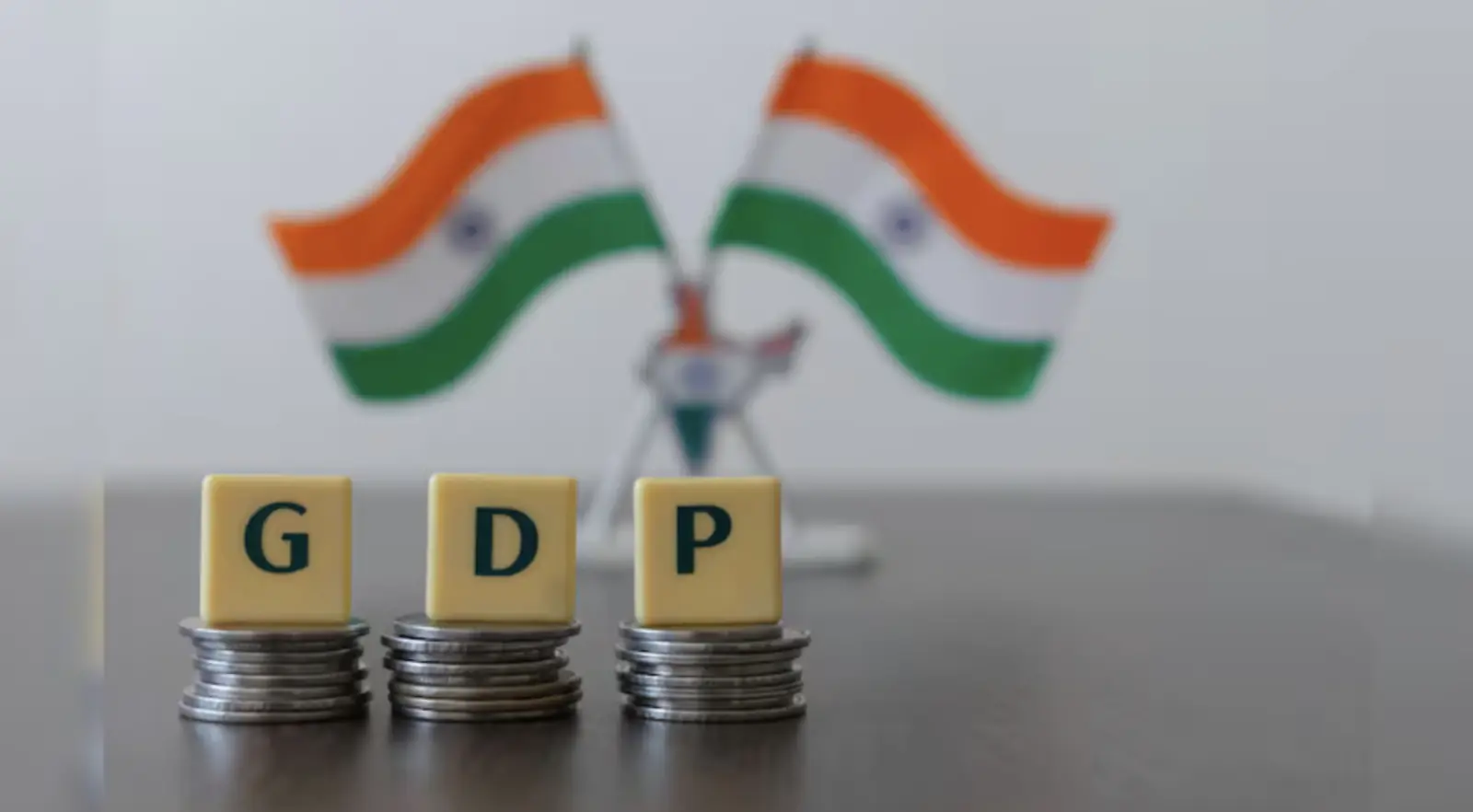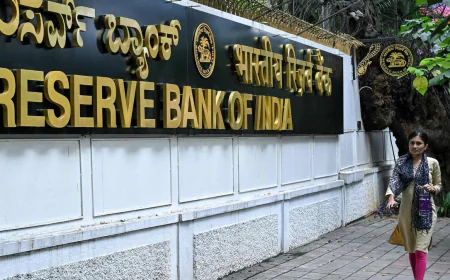India will remain the fastest-growing economy amid uncertainty in the world; UN estimates
GDP: The global economy is currently in a risky situation. The increase in tariffs by the US has affected the global supply chain. This has increased the cost of production and brought uncertainty to investment. At the same time, according to the United Nations, India will remain the fastest-growing economy amid this uncertainty.

The United Nations has cut its growth forecast for India's GDP in 2025 to 6.3%. It had been 6.6% in January 2025. Still, even with this reduction, India has been one of the world's fastest-growing large economies. This is reflected in the new United Nations report 'World Economic Situation and Prospects by Mid-2025', released on 16 May.
According to the report, India's fast-growing economy has been supported mainly by strong domestic consumption and government investment. Apart from this, exports of the service sector have also been strengthening economic growth. The report said, 'India's economic growth is supported by private consumption, public investment, and strong service exports.'
The UN report also said that the global economy is currently in a risky situation. The increase in tariffs by the US has affected the global supply chain. This has increased the cost of production and brought uncertainty in investment. India's goods exports may also be affected, although sectors like medicine, electronics, semiconductors, energy and copper are currently spared from this effect.
Want to get your story featured as above? click here!
Want to get your story featured as above? click here!
The report states that inflation in India may come down to 4.3% in 2025 after being 4.9% in 2024, which is within the target range of the Reserve Bank of India. Along with this, no major decline has been seen in the level of employment, but there remains inequality in female labor participation, which needs attention.
The Reserve Bank of India started the process of reducing its policy interest rate in February 2025. Earlier, this rate had remained stable at 6.5% since February 2023. Other countries in South Asia, such as Bangladesh, Pakistan, and Sri Lanka, are also adopting economic reforms and financial discipline with the support of the IMF.
According to the UN report, the world economic growth rate will decline to 2.4% in 2025, which was 2.9% in 2024. This is 0.4% less than the January 2025 estimate. This is not a recession, but the pace of growth is slowing down in most countries. UN official Shantanu Mukherjee said, 'The world economy is currently in an unstable phase. The situation is getting worse due to a delay in investment and policy uncertainty.'
The US growth is likely to decline from 2.8% in 2024 to 1.6% in 2025. China's growth may be limited to 4.6% in 2025. The growth rate of developing countries like Brazil, Mexico, and South Africa has also declined. The UN report warned that this situation could be extremely worrying for developing countries and especially the least developed countries, whose development plans could be affected by low export earnings, debt burden, and declining international aid. The growth rate of least developed countries is likely to fall from 4.5% to 4.1% in 2025.
The report finally makes it clear that amid growing tensions and policy uncertainty in global trade, it is extremely important to strengthen multilateral cooperation. 'Providing targeted support to developing and vulnerable economies and reviving the rule-based trading system will be important for sustainable development.'
















































































